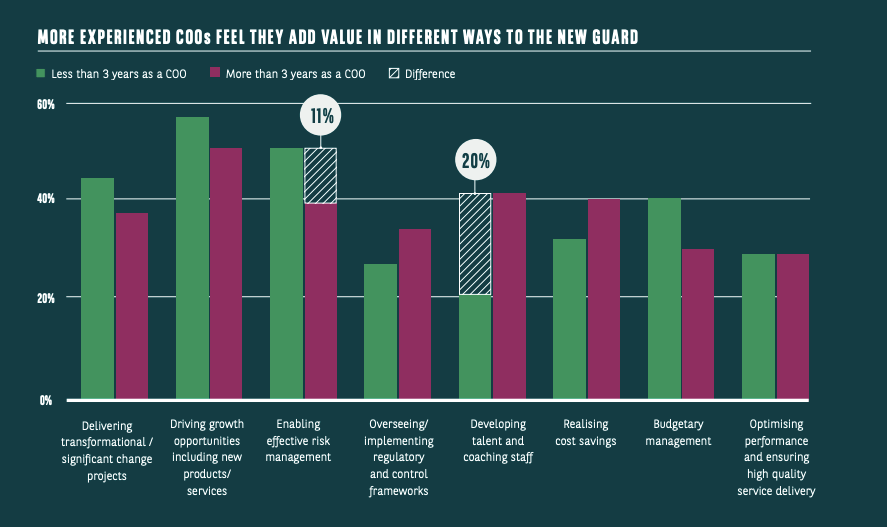The changing face of the COO role
What does the future of the COO role look like?

In the hierarchy of importance of roles in any organisation - the key to the success of that outfit is the role that the Chief Operating Officer plays.
The COO is the person largely tasked to make the vision of the company a reality.
They're the conductor of the orchestra - translating the music that is written by the CEO into the magnificent piece of music that it is meant to be.
But as technology evolves and the demands of the market changes - the COO is challenged to still make magic happen, but with a rapidly changing set of tools with which to do the job.
The job itself lacks a standard definition. The specific areas of focus of the COO of a technology company is going to be vastly different from the same role in an FMCG organisation.
But what is seemingly universal is that if ever there was a professional position that is being radically affected by change - it's that of the COO.
Forced remote working has meant that organisational structures have needed to be redesign, the increasing prevalence of artificial intelligence has meant that old ways of doing things have needed a future-focused makeover. Change is happening all around us and it is the COO's job to evaluate and leverage the appropriate change to keep their organisations working at their maximum potential.

Increasingly. modern COOs need to have the skills of foresight, change management, coaching & mentoring; as well as technical aptitude and business acumen.

What does the future of the COO role look like?
'You may wonder what to expect from chief operating officers in the future. Some suggest that we are seeing a resurgence of the use of COOs. As leadership teams begin to better understand what the position can achieve, the interest in having one as part of the C-suite increases.
According to Nate Bennett and Stephen A. Miles, writing for the Harvard Business Review: “We can easily argue that there is a growing need for the role. First, consider the widening scope of the CEO’s job. Today, we have bigger companies, with expanding global operations, aggressively pursuing acquisitions.”
They add that CEOs are expected to be the public face of the company while also interfacing with the company’s team. In other words, while the CEO may have greater leadership capacity, the expectations for the top executive have also increased, perhaps to a greater degree. So, many organizations may be able to benefit from an operations chief acting as second-in-command.
Others argue that with the always increasing rate of change in the business world, COOs are needed as an agent of change. David Spencer, writing for CIO, summed it up simply: “the modern COO connects the dots.” Organizations need to adapt to stay competitive and they need someone who can help hold things together as they change.
Exactly what will happen is impossible to say. One thing we can be certain of is that the future of the COO will not look like its past. The business world is ever-evolving and leadership teams evolve with it. So, whether there is a resurgence of chief operating officers or a continued decline, those who do hold the title will need talent and experience to be able to face the challenges of tomorrow.' - via
More:









